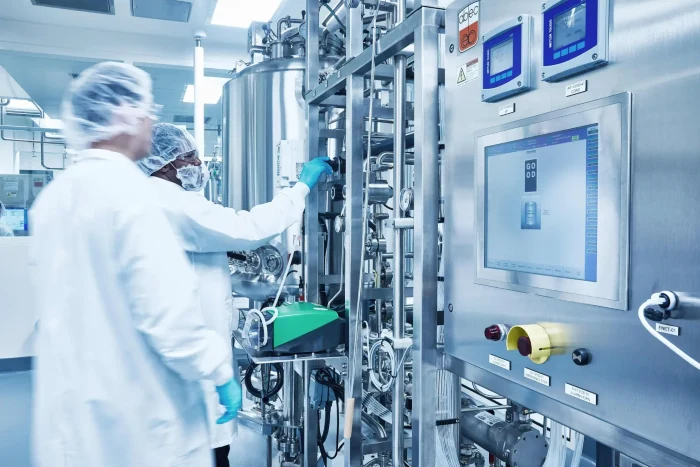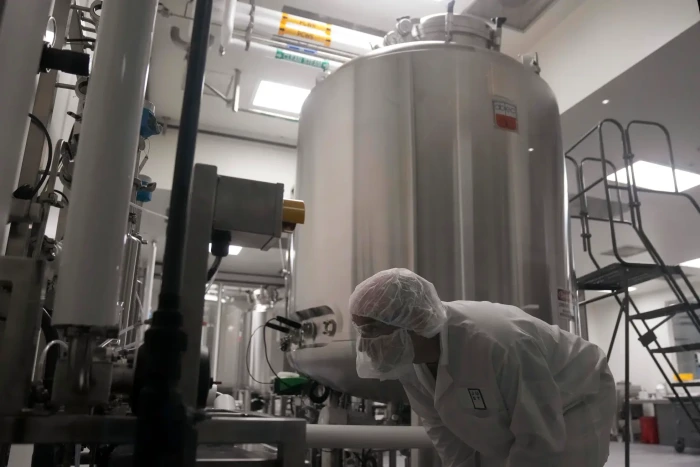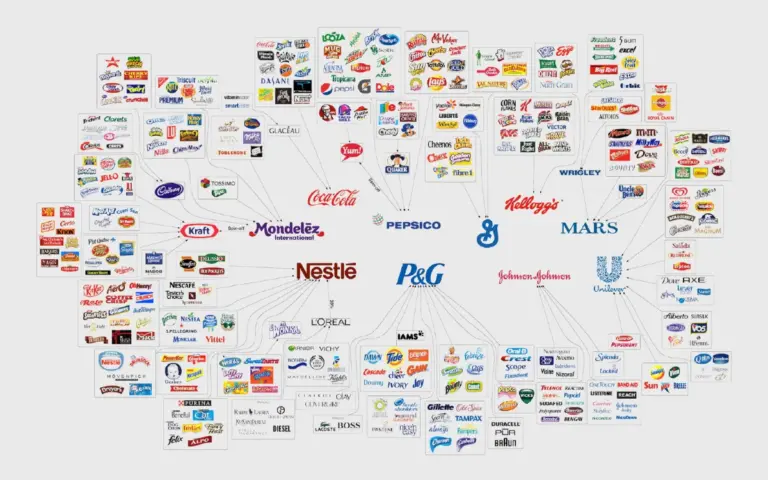A wave of controversy has hit the market with the introduction of lab-grown meat, drawing criticism from nutritionists and skeptical farmers who question its nutritional value and whether it should be classified as traditional beef or chicken.
The US Department of Agriculture and the Food and Drug Administration recently granted approval to UPSIDE Foods and GOOD Meat, allowing them to sell their lab-grown meat products in the US. These products are cultivated in a lab using live stem cells taken from the muscle and skin of real animals. The cells are then nurtured in a bioreactor, emulating the conditions within an animal’s body, while providing them with the necessary nutrients to grow into meat.

However, these advancements in food technology have left a sour taste for many professionals in the field.
“I’d rather eat my shoe than lab-grown meat,” expressed Diana Rodgers, a prominent nutritionist and food author, in an interview with The Post. Rodgers firmly believes that the highest-quality meat comes from animals raised on farms where they are allowed to graze freely, far away from the confines of the industrial food system that often involves cramped conditions and hormone injections. She also holds reservations about alternative meat sources, such as plant-based substitutes.

One of the major concerns raised by Rodgers is the cost associated with cell-cultivated meat. Compared to the approximate cost of $2 for regular meat, producing just a pound of lab-grown meat can amount to around $17, according to Bon Appétit.
If lab-grown beef were to find its way onto restaurant plates, it could translate into a hefty $100 burger, as estimated by the publication.
Adding to the controversy is the lack of available nutritional information on lab-grown meat.
Rodgers points out that without proper data, it is challenging to assess the health implications of consuming cell-cultured meat. She highlights the need for comprehensive life cycle assessments and public disclosure of data regarding its production.
“We just don’t know,” explains Rodgers. “I have yet to see a life cycle assessment on the production of it. We don’t have any public data.”
Rodgers further asserts, “McDonald’s is still better because the meat is a better option for vitamins.”
The National Cattlemen’s Beef Association is also joining the debate, urging the FDA to restrict lab-grown meat companies from using traditional names like “beef” for their products. They argue that such designations should be reserved exclusively for meat derived from livestock-raised animals.

GOOD Meat, one of the lab-grown meat companies, reveals that its product is composed of chicken cells, salt, and a base product combining wheat and soy. However, the nutritional label for the product is not currently available, as it will initially be exclusively sold in restaurants.
While UPSIDE Foods defends its lab-grown meat as real meat that can be safely consumed by humans, they prefer the term “cell-cultivated” over “lab-grown” to accurately describe their product.
The debate surrounding lab-grown meat continues to unfold, as nutritionists and farmers raise legitimate concerns about the process and nutritional value. On the other side, companies like UPSIDE Foods and GOOD Meat defend their products, emphasizing their safety and authenticity.
However, amidst the ongoing discourse, voices like Rodgers and farmer Thomas Locke are advocating for a return to nature and regenerative farming practices.

Locke, a proponent of holistic land management, practices regenerative agriculture on his farm north of Dallas. He emphasizes the significance of embracing the laws of nature and points to a UC Davis study that suggests the carbon footprint of cell-cultured meat could potentially exceed that of industrial meat production.
As the lab-grown meat industry continues to attract significant investments, opposing voices like Rodgers and Locke champion a back-to-basics approach, promoting sustainable farming practices and emphasizing the importance of natural, high-quality food over artificially produced alternatives.




















